What is Flocculant?
Flocculant (Floc) is used to clear cloudy water by helping to remove microscopic contaminants such as pollen, dust, oils, or any number of other particles that find their way into your water and aren’t heavy enough to sink or that are too small to filter.
The main ingredient in pool (or spa) flocculants is aluminum sulfate. Clarifiers are often confused with Flocculents, which is similar but works differently.
The main difference between flocculant and clarifiers is that flocculant works more quickly by causing the particles to coagulate into larger clumps and sink to the bottom of the water so they can be vacuumed.
Clarifier on the other hand causes the particles to form in smaller clumps that cause then to be trapped by your filter.
What Form Does Flocculant Come In And How Do I Use It?
Flocculants come in liquid form and are typically sold in 1qt or larger bottles. You will be vacuuming some water from your pool (or spa) so the first thing you should do is to increase your water level to just below your overflow drain if you have one.
You want to make sure your water is balanced, and also drop your pH a little below where you normally target. Next, follow product instructions on how to dilute and add to your water.
Let your pump run for a few hours and then TURN IT OFF (this is key…). You want to circulate the flocculant initially, but then you want to turn off the pump and allow the particles to clump and fall to the bottom so that they can be vacuumed to waste. Note that you can not use flocculant with a cartridge filtration system.
A key difference between clarifiers and flocculants is that clarifiers can be used with cartridge filters whereas flocculants can not. Additionally, clarifiers require circulation to be effective and as a result, they take longer to work.
Safety Information About Flocculants
You should always read and follow all safety precautions on the product labels. Keeping your pool (or spa) safe means keeping yourself and others around you safe while maintaining your chemistry and your equipment. Some common recommendations include:
- Wearing protective gear such as gloves and eye protection.
- Store chemicals in ventilated areas and separate from one another to avoid chemical reactions from leaks.
- As with any pool chemicals: do not mix them, unless you know what you are doing.
Interesting Fact About Flocculants

